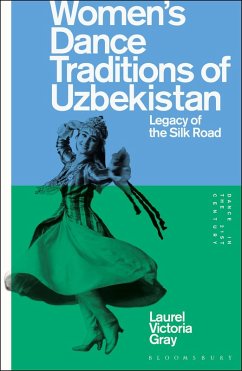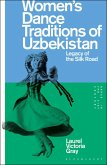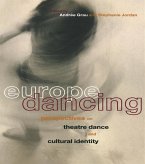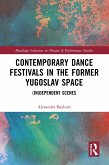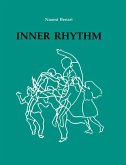The first comprehensive work in English on the three major regional styles of Uzbek women's dance -
Ferghana, Khiva and Bukhara - and their broader Silk Road cultural connections, from folklore roots
to contemporary stage dance.
The book surveys the remarkable development from the earliest manifestations in ancient civilizations
to a sequestered existence under Islam; from patronage under Soviet power to a place of pride for Uzbek nationhood.
It considers the role that immigration had to play on the development of the dances; how women boldly challenged societal gender roles to perform in public; how both material culture and the natural world manifest in the dance; and it illuminates the innovations of pioneering choreographers who drew from Central Asian folk traditions, gestures and aesthetics - not Russian ballet - to first shape modern Uzbek stage dance.
Written by the first American dancer invited to study in Uzbekistan, this book offers insight into the once-hidden world of Uzbek women's dance.
Ferghana, Khiva and Bukhara - and their broader Silk Road cultural connections, from folklore roots
to contemporary stage dance.
The book surveys the remarkable development from the earliest manifestations in ancient civilizations
to a sequestered existence under Islam; from patronage under Soviet power to a place of pride for Uzbek nationhood.
It considers the role that immigration had to play on the development of the dances; how women boldly challenged societal gender roles to perform in public; how both material culture and the natural world manifest in the dance; and it illuminates the innovations of pioneering choreographers who drew from Central Asian folk traditions, gestures and aesthetics - not Russian ballet - to first shape modern Uzbek stage dance.
Written by the first American dancer invited to study in Uzbekistan, this book offers insight into the once-hidden world of Uzbek women's dance.

